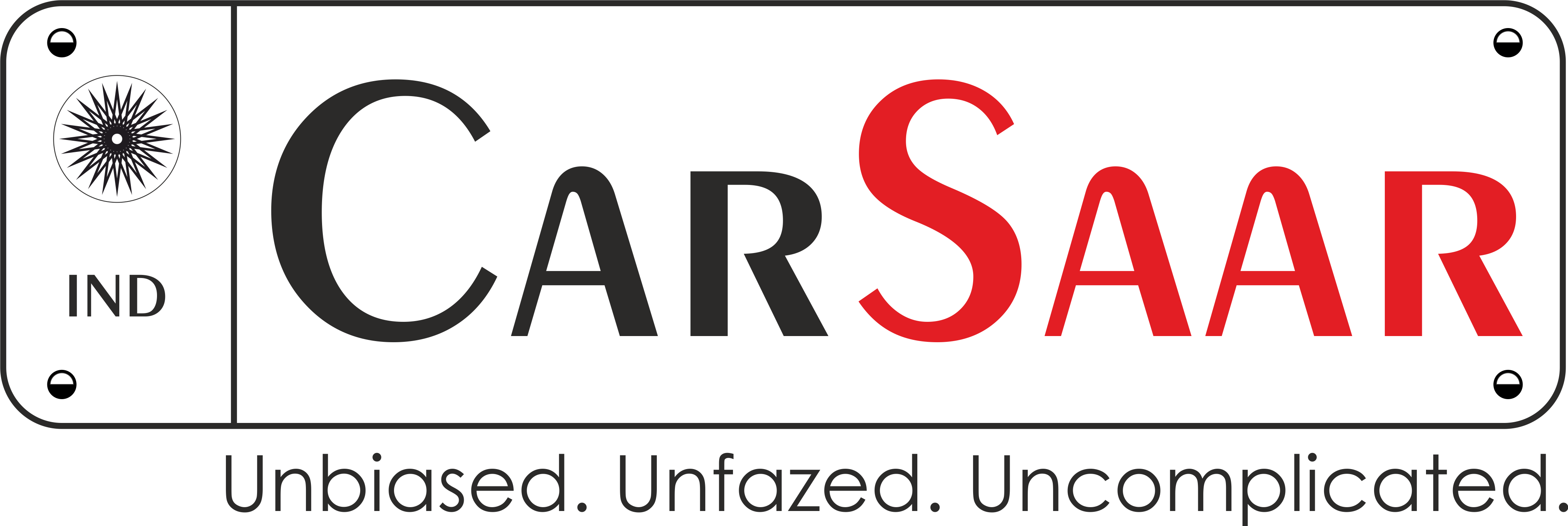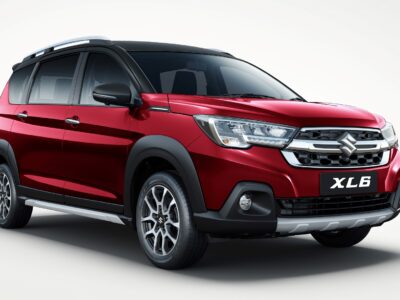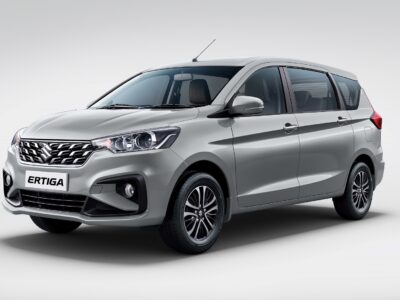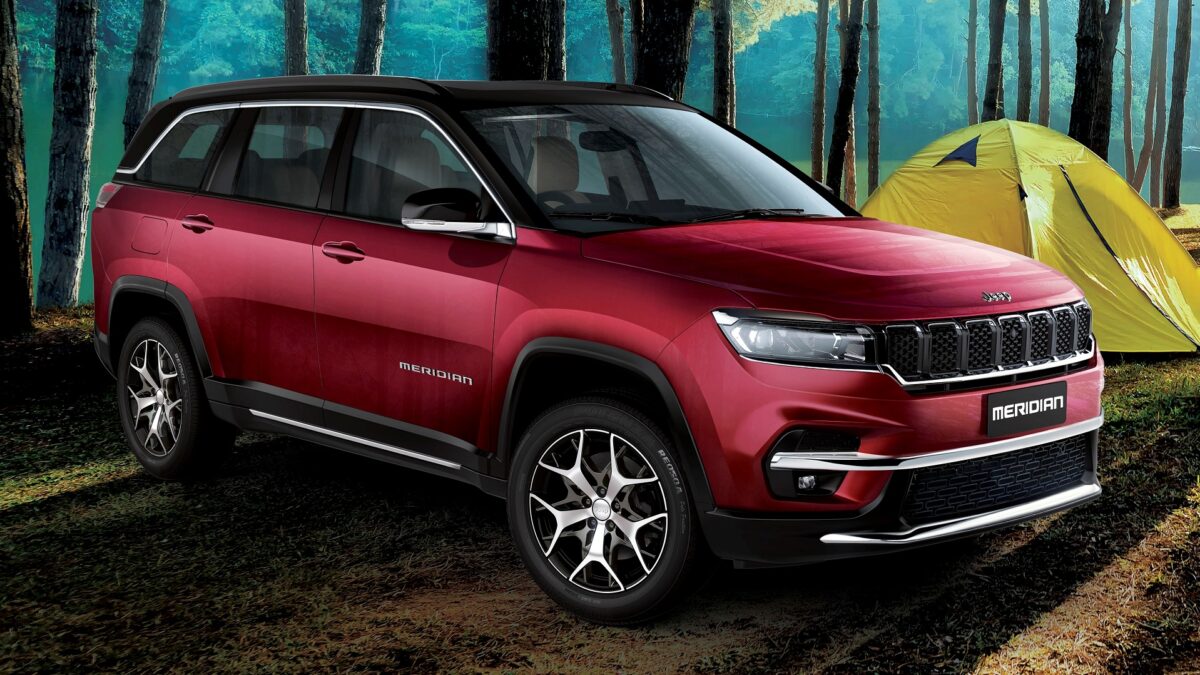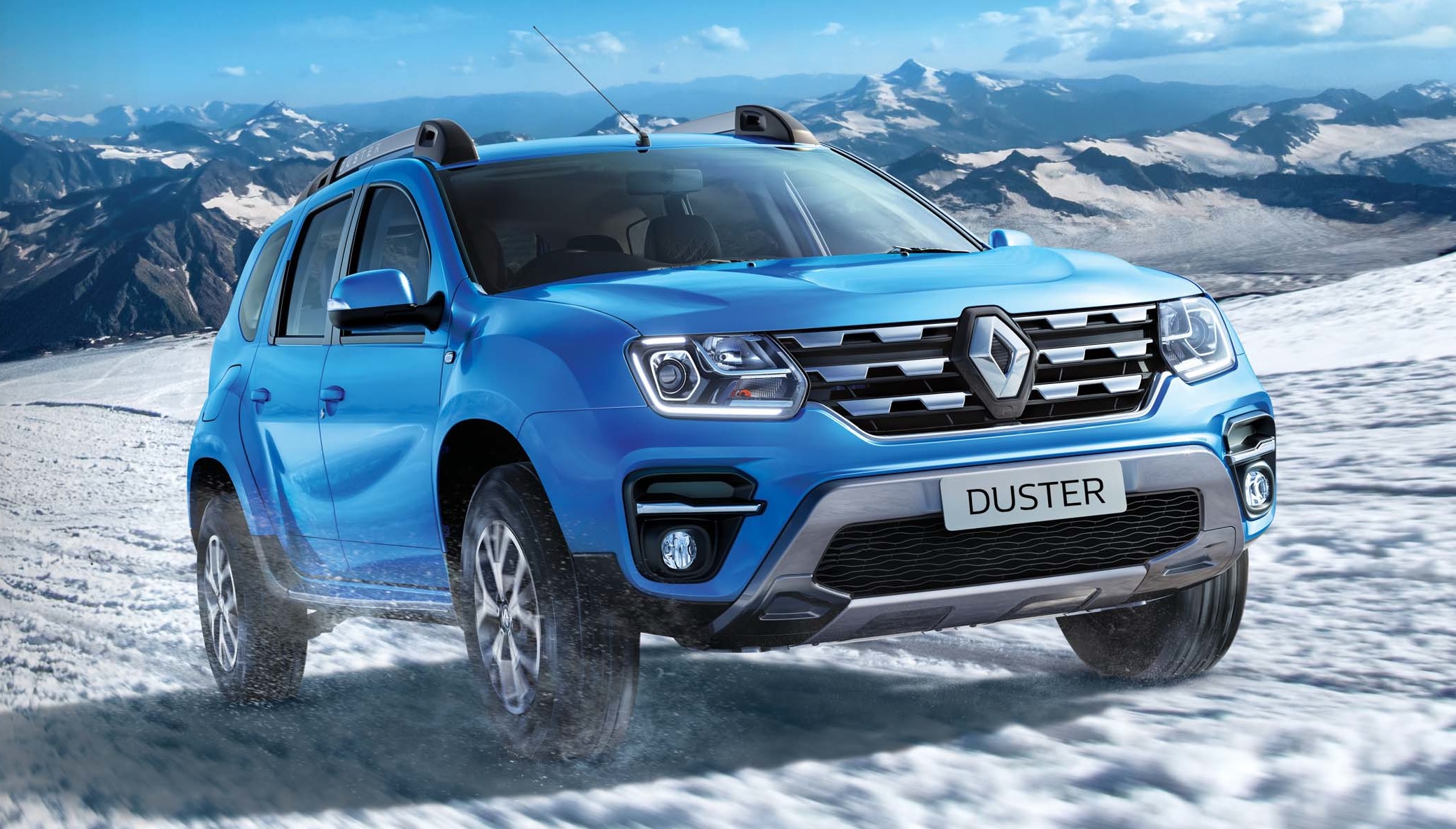After launching BS6-compliant (Bharat Stage 6) CNG variants for the Alto and the Ertiga, Maruti Suzuki has now done the same with the WagonR. In other words, the tallboy becomes the company’s third such offering which has future-ready CNG derivatives. As before, the factory-fitted CNG kit is available in two trim levels – LXi and LXi (O). In BS6 form the former gets a price tag of Rs 5.25 lakh, and the latter costs Rs 5.32 lakh, without taxes. In essence, they both cost about Rs 25,000 more than their BSIV versions.
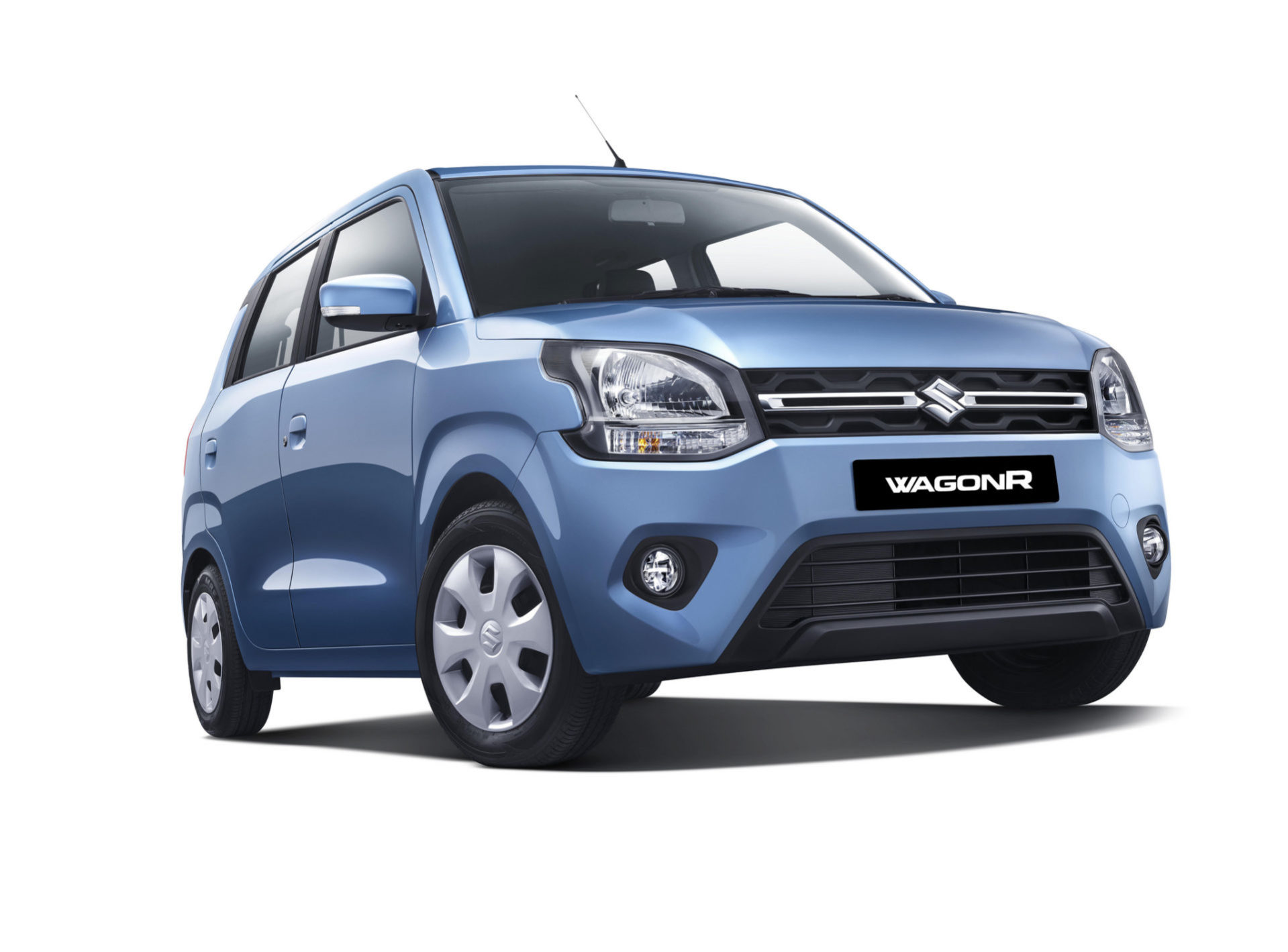
The CNG kit is currently available with only the 1.0-litre, 3-cylinder engine. When fed with petrol, it puts out 67bhp/90Nm. However, the motor’s output comes down to 58bhp/78Nm on CNG. The only transmission option available for the CNG variants is a 5-speed manual. Maruti Suzuki claims that by upgrading the powertrain to comply with the stricter emission norms, the mileage has come down by 1.02 km/kg (33.54 vs 32.52).
As far as features are concerned, both CNG variants pack a trip computer, front power windows, AC with heater, a driver’s front airbag, rear parking sensors, a 12-volt accessory socket, speed alert system, ABS with EBD, central locking and seatbelt reminder for front occupants. The Rs 7,000 gap between the two CNG variants comes courtesy of an additional airbag (front passenger) and seatbelts with pre-tensioners and force limiters.
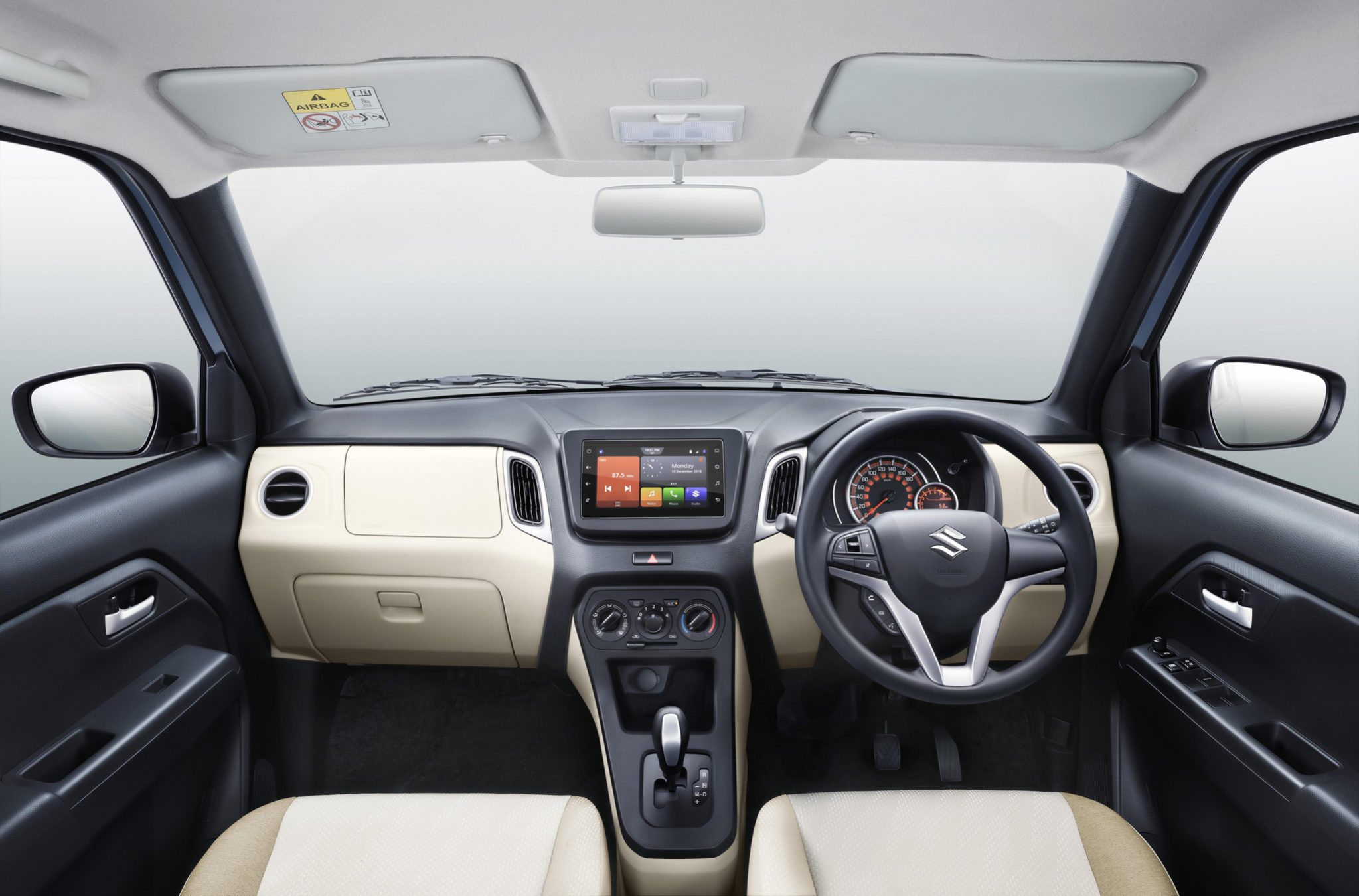
In India, the Maruti Suzuki WagonR competes with the likes of Hyundai Santro and Datsun Go. Later in the year, India’s largest carmaker will introduce CNG variants of the S-Presso as well. Those will get the same powertrain as the WagonR. Other upcoming offerings include refreshed versions of the Vitara Brezza and the Ignis and the petrol-powered range of the S-Cross. Expect their introductions before April 1, 2020.

